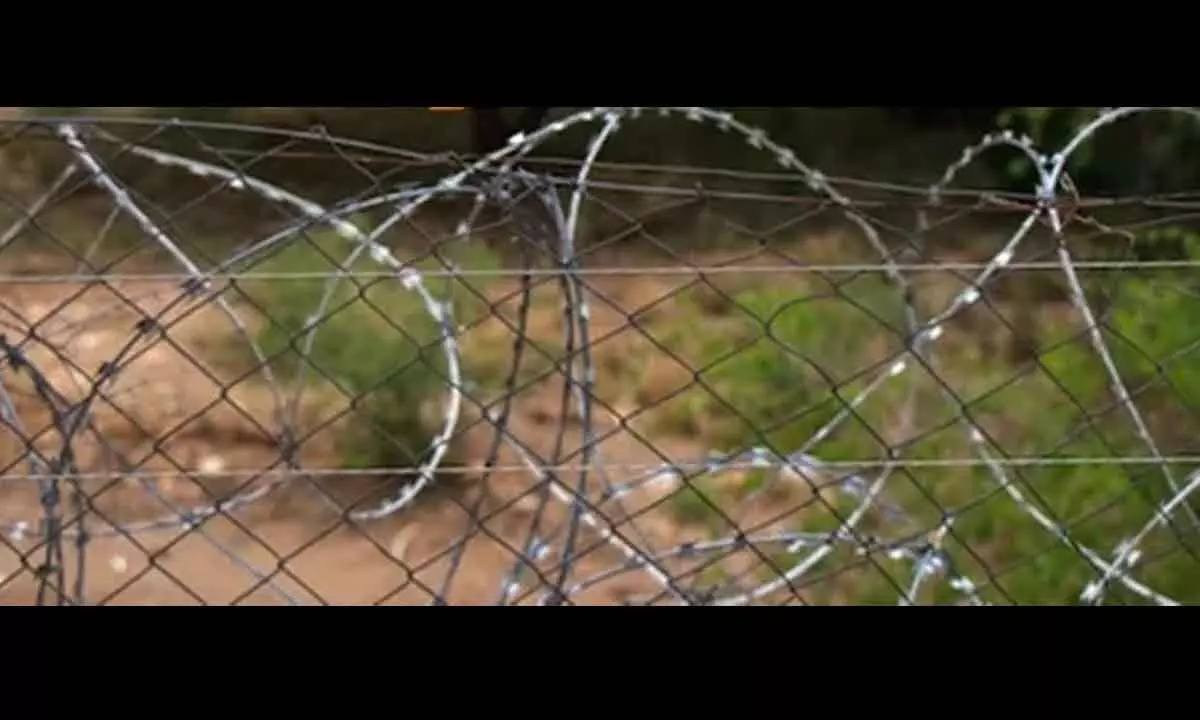Campaign against electric, barbed wires in DTR, PTR

DTR and Pilibhit Tiger Reserve have issued orders to the forest personnel to detect the electric, barbed and razor wire fencing at agricultural fields in the proximity of forest areas and regions with immediate effect
Pilibhit: Officials of Dudhwa tiger reserve (DTR) and Pilibhit Tiger Reserve have issued orders to the forest personnel to detect the electric, barbed and razor wire fencing at agricultural fields in the proximity of forest areas and regions with immediate effect.
Officials have been asked to take immediate legal action under the Wildlife Protection Act wherever banned fencing is found.
After the Terai Elephant Reserve (TER) was notified in the joint forest area of the two tiger reserves on December last year, the protection and conservation of wild jumbos had become an integral part of TER's annual plan of operation but the fencing of agricultural fields with banned wires posed a great threat to their safety.
DTR field director Sanjay Kumar Pathak said that banned wire fencing could cause serious injuries and also result in the death of wild animals.
He said that the DFOs of Katarniaghat wildlife sanctuary, South and the North Kheri Forest divisions and the authorities of Kishanpur wildlife as well as the Dudhwa national park have been directed to launch the drive.
The Terai Elephant Reserve is stretched over 3,072.35 square kilometres, encompassing major parts of Katarniaghat wildlife sanctuary, Dudhwa national park, Kishanpur wildlife sanctuary, the buffer zone of DTR, South Kheri Forest division and Pilibhit tiger reserve.
Over 900 villages engaged in agriculture are located within the eco-sensitive zone of the DTR and PTR. Experts say wild herbivores move into agricultural fields for mass grazing specifically in winter as the grass inside forest regions dries up. In the village belt, they get green crops of wheat, mustard, lentil, barley, and peas everywhere in abundance.
"We have no other option to ward off the wild herbivores and to protect our standing rabi crops except fencing our fields with barbed and razor wires because the normal metallic wire fencing is easily shattered by the giant antelopes like nilgai," said a local resident.










